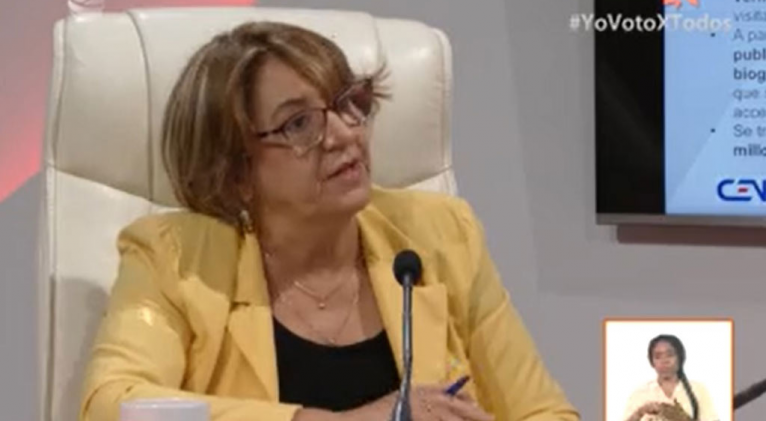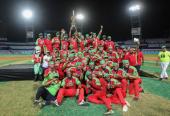Popular participation characterizes elections in Cuba

Havana, Mar 3 (RHC) The main characteristic of Cuban Elections is the broad popular participation that goes beyond the possibility of voters nominating and directly electing their representatives.
This was stated by Alina Balseiro and Consuelo Baeza, presidents of the National Electoral Council (CEN) and the National Nominations Commission (CNC), respectively when speaking on Thursday on Cuban radio and TV program Mesa Redonda.
Both referred to organizational aspects of the national elections scheduled for March 26, to elect the 470 deputies to the National Assembly of People's Power, its presidency, the Council of State, and the president and vice-president of the Republic.
Balseiro pointed out that of the approximately 200 thousand people involved in the electoral process, less than one percent are professionals, and the rest are workers, students, retirees, and housewives who make up the different bodies.
They make up the voting tables and also act as collaborators and supervisors.
She added by law the work of the CEN is accompanied by all mass and social organizations and State institutions to guarantee that the greatest number of people can exercise their right to vote.
Such is the case of the contacts with the Ministry of Education and youth organizations to explain their rights as voters to more than 13 thousand young people who will go to the polls for the first time.
For her part, Consuelo Baeza clarified that the candidacies commissions at all levels are in charge of preparing and presenting the draft candidacies of the deputies, as well as the presidents and vice presidents of the municipal assemblies of the People's Power.
This guarantees a democratic process of citizen participation in the proposal and nomination of candidates for deputies, president, and vice-president of the National Assembly, members of the Council of State, and the president and vice-president of the Republic.
She pointed out that the nomination commissions are chaired by the Central de Trabajadores de Cuba. They are made up of representatives of the main civil society organizations, which means more than 1,300 people are part of these commissions, she informed.
She stressed that the commissions have functional independence, established by the electoral law, since the Communist Party does not nominate, and therefore these organizations, to which 90 percent of the Cuban population belongs, are in charge of doing so.
To this end, the commissions also have the power to consult as many institutions and entities as they deem appropriate, at all levels, which is a guarantee that the people who deserve to occupy that responsibility will be selected as candidates for deputies (Source: Prensa Latina).














Add new comment